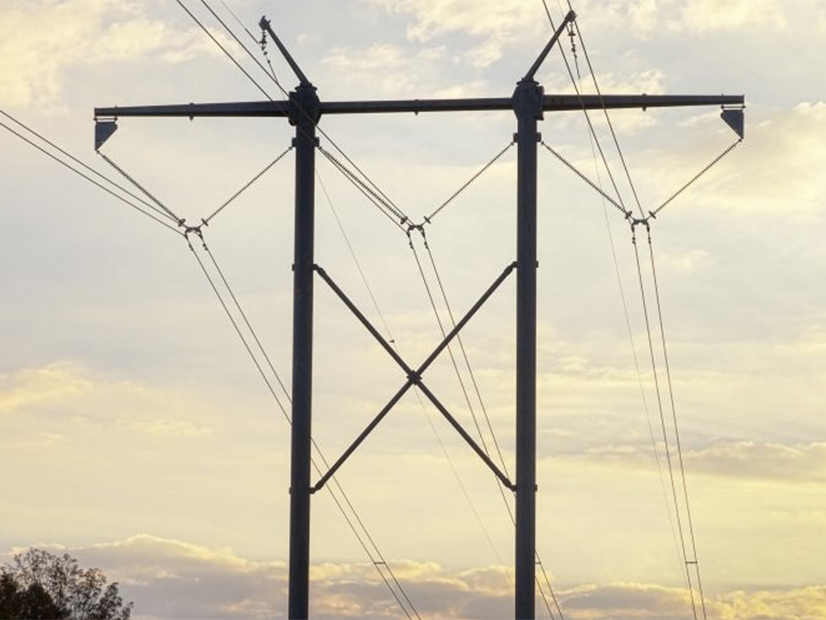Transmission developer LS Power was unsuccessful twice with the D.C. Circuit Court of Appeals last week in separate attempts to force MISO to open more projects to competition.
LS Power had sought appeals on two FERC complaints, one where it challenged FERC’s repeated refusal to compel MISO to lower its voltage threshold of competitive economic projects from 230 kV to 100 kV; and another where it contested MISO’s practice of not cost sharing baseline reliability projects (BRPs) beyond the transmission pricing zone in which they’re located.
In a pair of rulings issued Aug. 19, the D.C. Circuit Court declined to order FERC to revisit its rulings. It said the commission reasonably accepted 230 kV as the market efficiency project threshold (20-1465) and similarly acted sensibly when it kept the cost sharing of BRPs limited to the transmission pricing zone in which they’re physically located (20-1421).
LS Power argued to the D.C. Circuit Court that its business will suffer if MISO is allowed to keep the voltage threshold and local cost sharing of regionally beneficial BRPs in place. The company said those criteria deny it the opportunity to participate in more competitive solicitations for transmission projects.
MISO in 2020 overhauled its cost allocation procedures, lowering the voltage threshold for market efficiency projects that are regionally cost shared from 345 kV to 230 kV, adding two new benefit metrics and eliminating a 20% footprint-wide postage stamp allocation. (See MISO Cost Allocation Plan Wins OK on 3rd Round.)
FERC rejected LS Power’s rehearing requests and complaint that a further reduction to the kilovolt threshold to 100 kV was necessary, concluding that the 230 kV threshold would spur more economic projects and sufficiently expand the number of them eligible for competition. (See La. and Miss. Join MISO, TOs in Opposing Cost Sharing at 100 kV.)
FERC likewise refused LS Power’s joint 2020 complaint with the the Coalition of MISO Transmission Customers and the Industrial Energy Consumers of America, which alleged that MISO’s nearly 10-year old location-based cost allocation methodology for BRPs doesn’t comport with the commission’s principle that beneficiaries of transmission projects should pay for them.
In MISO, BRP costs are allocated only to local transmission pricing zones where project facilities are physically located; costs are recovered by the transmission owners developing the projects. They are not open to competitive bidding.
The court said LS Power’s examples of BRPs with benefits spillover “was limited to a relatively small number” and “did not necessitate a categorical finding that location-based cost allocation is unjust and unreasonable.” It said LS Power’s “crown jewel of new evidence” was a report containing a line-outage analysis that showed of 29 baseline reliability projects approved by MISO between 2013 and 2018, 12 showed they could deliver more than “de minimis” benefits beyond their transmission pricing zone.
The court added that FERC “need not consider cost allocation rules on a project-by-project basis, which would unravel the framework of ex ante tariffs established by Order 1000.”
In its voltage threshold ruling, the D.C. Circuit Court also rejected LS Power’s ask that MISO be prohibited from employing an “immediate need reliability exception,” where the RTO can bypass a competitive solicitation process for certain urgently needed reliability projects. The court borrowed a line from FERC’s Order 1000, noting that “if the time needed to solicit and conduct competitive bidding would delay the project and thereby threaten system reliability, then competitive bidding would not be required.”




